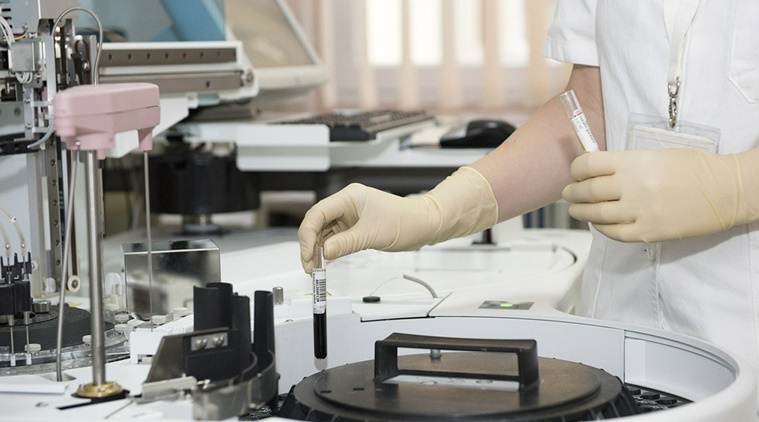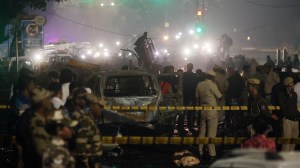PRIVATE labs have reached out to the government saying they are ready to carry out tests for coronavirus, should it approve the same and decide the pricing and protocols. The government currently has 52 labs exclusively designated to test patients for Covid-19.

Dr Arjun Dang, the CEO of Dr Dangs Lab, one of the largest private lab chains in the country, said the whole process should not take more than a few days. “We have reached out to the ministry and government through various platforms such as NATHEALTH Diagnostics Forum and Voice of Healthcare and communicated that as and when the government feels appropriate, the private laboratories are ready. Since it is primarily an RT PCR (reverse transcriptase-polymerase chain reaction) test, which is done in swine flu, we already have the trained manpower and required infrastructure. The testing kits for corona are being provided by multiple vendors, which are yet to receive regulatory approvals from the government,” Dr Dang said.
Story continues below this ad
Advising a set protocol, he said this would guard against “panic because of injudicious testing” which, he believes, might be the government’s concern too. “The corona pandemic is an evolving disease. It has four stages: the first stage is import of the virus from individual cases; the second stage is localised infection or clustered infection; stage three is the community stage; and fourth is a full-blown epidemic. India is currently at the second stage. For stage 2, the protocol is that only people who have the primary symptoms, along with travel history or contact history, are sent for testing. Following this protocol, in my view, the government believes it is well-equipped with the existing labs to tackle the patient load.”
Also Read | ICMR senior scientist: ‘Have 1.5 lakh test kits and have ordered 1 million more’
However, Dr Dang added, presuming that the country enters the community outbreak stage — when there will be patients without any travel history or contact history — all with primary symptoms would have to be tested. “At this stage, the government would have to multiply testing facilities and rope in private laboratories.”
Supporting the government for the caution it is exercising, Dr Dang said, “First, it is important to understand that you need proper protocol to mandate any testing in private laboratories. It has be done based on credentials and existing infrastructure and manpower in terms of credibility and ability to conduct the tests. The most important is to avoid any compromise on the quality of the reports, which will ensure that there is no panic among the public. For instance, even in the case of H1N1, only a handful of labs were given the licence.”
Story continues below this ad
He also raised the issue of safety of health workers, and proper disposal of biomedical waste. “When you collect the sample, conduct the testing, and discard the samples, all three stages require stringent infection control. You need protective gear like masks and gowns… Therefore, there has to be very restricted and controlled testing.”
Explained: When to test and whom
The specialist also red-flagged limitations regarding the incubation period of the virus vis-a-vis testing at the labs. “For coronavirus, it ranges from two days to two weeks. If patients come for a test during the incubation period, the test is likely to come negative because the load of the virus is not enough to give a positive result. The report will give the patient a false sense of security. To prevent this, the government has to come out with the protocol on incubation period etc.”

 Dr Arjun Dang, the CEO of Dr Dangs Lab, one of the largest private lab chains in the country, said the whole process should not take more than a few days. (Representational photo)
Dr Arjun Dang, the CEO of Dr Dangs Lab, one of the largest private lab chains in the country, said the whole process should not take more than a few days. (Representational photo)






